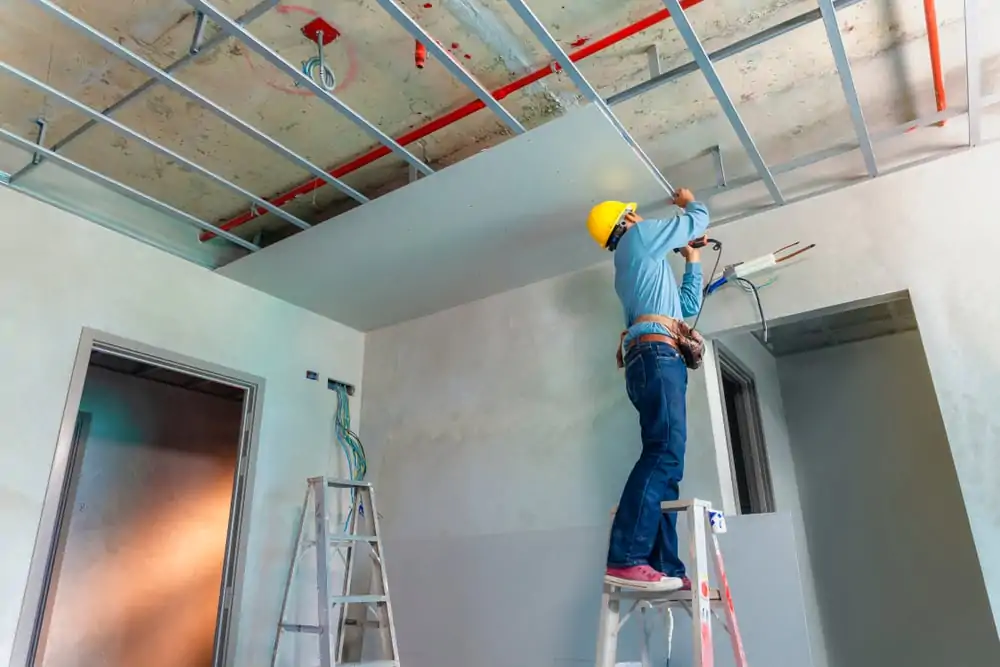Renovating an office involves many decisions. Choosing the right partition system is one of them. The wall system used affects light flow sound levels cost and space layout. Two main options are glass partitions and traditional drywall. Both offer different benefits and drawbacks. This article compares them to help you make the right choice.
Light and Openness Create a New Feel
Glass partitions allow natural light to spread. The light passes through each room without interruption. It helps improve mood and reduces stress at work. Sunlight makes spaces look open and bright. That openness can also make the space feel larger. Drywall blocks natural light. It creates closed-off rooms with heavy shadows. This can cause dullness and less connection between teams. A glass office can help reduce electricity use during the day.
Privacy and Noise Control Impact Work Quality
Drywall walls are solid and block sound well. They help create private spaces with less noise. Many people value that silence in meetings or private calls. However these closed rooms may also feel isolating. On the other hand glass walls reduce some sound but not all. Special laminated glass can increase sound control. Frosted or tinted panels can improve visual privacy. Though drywall does better with sound glass still meets modern privacy needs.
Speed and Flexibility save Time and Effort
Drywall takes more time to install. It needs cutting sanding taping and painting. The dust can affect air and cleanliness during construction. Changing drywall layouts later is also slow and costly. Glass partitions are faster to install. There is no need for painting or drying time. They come in panels that fit into frames. If you change the office layout later they are easy to move or replace. That flexibility matters when teams or roles grow and shift.
Design and Aesthetics Reflect Your Brand
Glass brings a modern clean look to the workplace. It shows style and forward-thinking design. It also allows visitors and staff to see team activity. This creates a sense of energy and movement. Drywall gives a more solid and traditional feel. While it can be painted it often looks dated in modern spaces. Offices using glass designs often feel newer brighter and more connected. That look supports an open and trusting culture.
Cost and Maintenance Matter over Time
Drywall costs less upfront in most cases. It is made from cheaper materials and does not involve glass cutting or framing. But long-term value matters too. Drywall can dent crack or stain over time. Repairs cost more and take longer. Glass needs less maintenance. It resists wear and tear and does not need repainting. While the upfront cost is higher the life span is often longer. In the long run glass can offer better value and fewer disruptions.
Choosing the Right System Shapes the Future
Office partitions affect more than layout. They shape light energy mood and the feel of the workspace. Traditional drywall offers quiet and privacy. But it limits light flow and future changes. Glass systems create brighter flexible and stylish offices. They support collaboration and modern work styles. In today’s fast-paced world the office must adapt quickly. Glass walls make that easier and faster. With fewer limits and more options the future feels clearer with glass.
